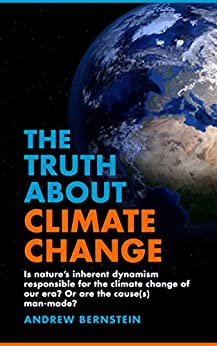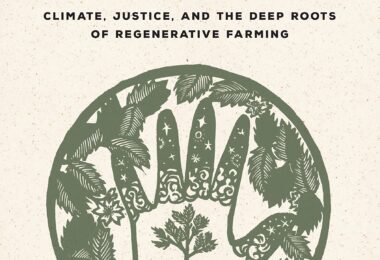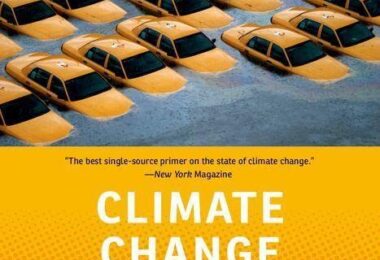
Price: [price_with_discount]
(as of [price_update_date] – Details)

[ad_1]
Climate change is real and persistent. Even a brief study of the recent past illustrates this, but it becomes all the more certain when one broadens the scope to take in the vast sweep of geologic time.
Is nature’s inherent dynamism responsible for the climate change of our era? Or are the cause(s) man-made?
Many scientists, environmentalists, journalists, and such politicians as Al Gore claim the latter. They argue that:
1. The earth is warming.
2. Human emission of such greenhouse gases as CO2 is the predominant (perhaps exclusive) cause.
3. Such warming, in various forms, is pernicious to life on Earth, including human life.
This is known as the theory of man-made or anthropogenic global warming (the AGW hypothesis). The public policy questions that arise are profound, and the stakes are high; for if the AGW hypothesis is true, then we aren’t doing enough to protect ourselves from baneful consequences.
But if the AGW hypothesis is mistaken regarding either points two or three—much less both—then a dramatic scale-back of man-made carbon emissions is an insane policy that will severely diminish human living standards while promoting no off-setting gain.
The Intergovernmental Panel on Climate Change (IPCC)—a group of scientists under United Nations jurisdiction—supports the AGW hypothesis. Its proposed solution is a dramatic increase in government power to impose massive scale-backs in the use of carbon based fuels.
Such a policy would affect the price and availability of literally everything we own: our clothes, home, food, medicine, and means of transportation. Energy powers civilization; the less of it produced, the more difficult and poverty-ridden life becomes.Needlessly diminishing carbon-based energy production without a viable alternative will have drastic consequences in the developed world. But more harrowing, it will mean certain death for millions of people in the undeveloped world.
The first point to be established, therefore, is whether, in fact, there is any rational basis for accepting the AGW hypothesis. Doing so requires an understanding of Earth’s climate history viewed in the proper context, meaning in this case, on an appropriate timescale.
ASIN : B0C6NLC3VG
Publication date : June 6, 2023
Language : English
File size : 1635 KB
Text-to-Speech : Enabled
Screen Reader : Supported
Enhanced typesetting : Enabled
X-Ray : Not Enabled
Word Wise : Enabled
Sticky notes : On Kindle Scribe
Print length : 64 pages






